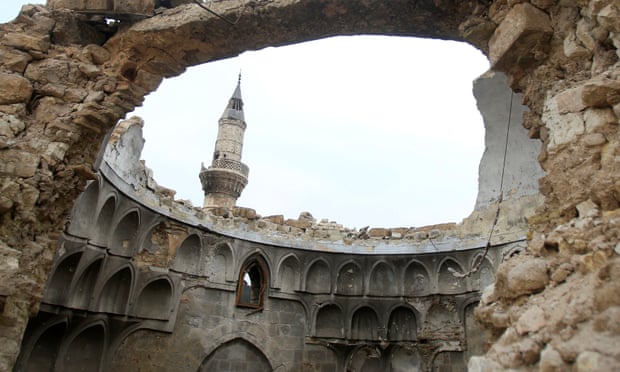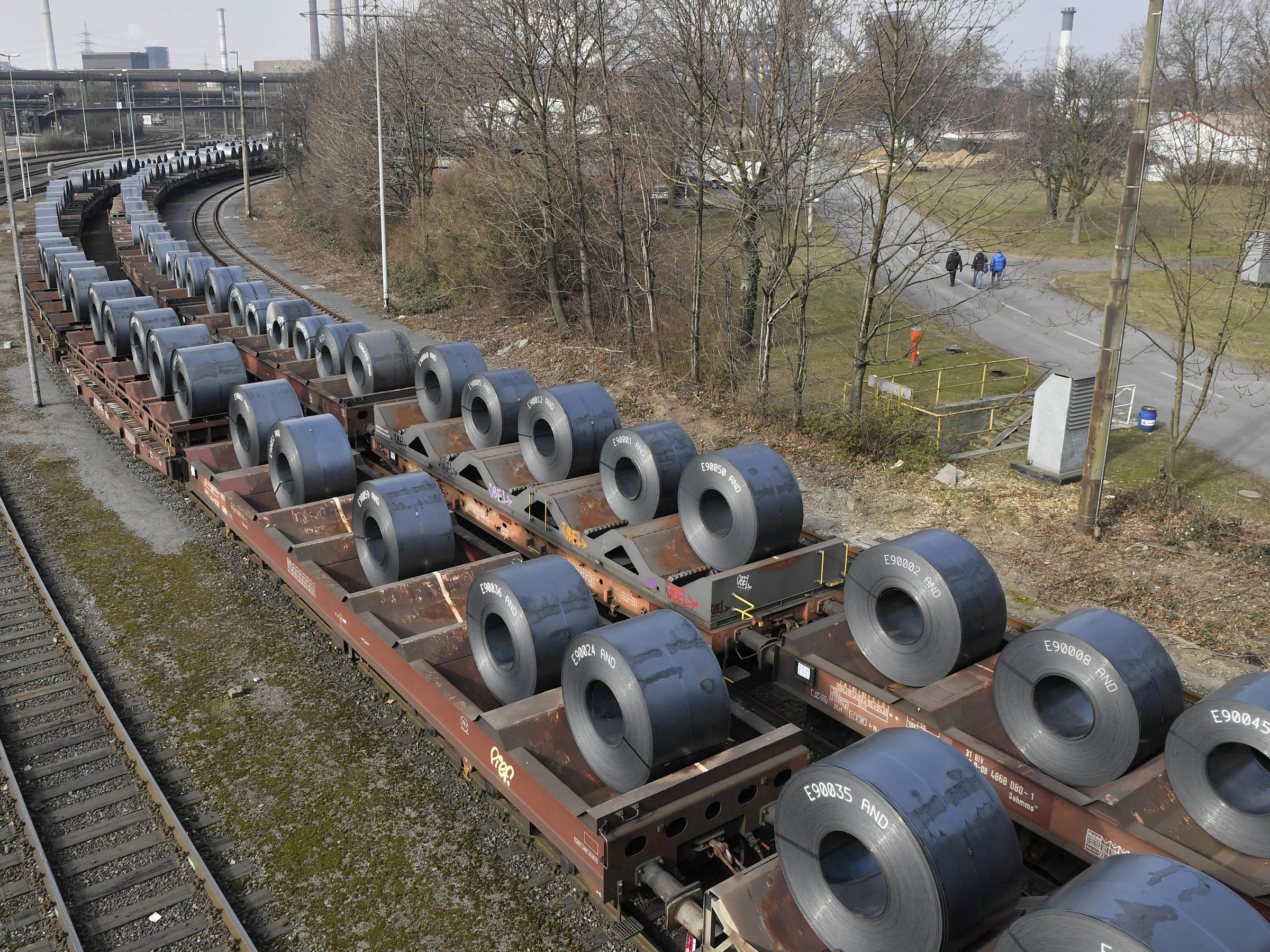What Kind of Signal Did the Rocket Strikes in Damascus Send the Kremlin?
The lack of serious casualties from the rocket strikes in Syria, which were launched by a Western coalition in response to the alleged use of chemical weapons by Syrian government forces, points to the symbolic character of this response. “Over 100 air and sea cruise missiles were based in the Syrian Arab Republic for a number of purposes,” stated the minister of foreign affairs of the Russian Federation. “Among the targets was a research center in the Syrian capital, the headquarters of the Republican guard, an air defense base, several military airfields and army depots. There was substantial material damage, including damage to civilian infrastructure.”
It’s easy to see that this military gesture by the U.S., the U.K. and France, of which Russia was one of the main recipients, was made in a style different from that of last year’s strike on Shayrat airbase. The unpredictability of the attack, which was a response to a chemical incident in Khan Shaykhun, could have played against the Russian armed forces. As for the most recent bombardment, it should be noted that during the time the American leadership spent publicly declaring its “readiness” to strike Damascus with its allies and discussing the details of the attack, the Russian forces (and not just them) were able to change positions and prepare.
“I also have a message tonight for the two governments most responsible for supporting, equipping and financing the criminal Assad regime,” stated President Donald Trump, commenting on the operation against the various positions of the Syrian regime. “To Iran and to Russia, I ask: What kind of a nation wants to be associated with the mass murder of innocent men, women and children? The nations of the world can be judged by the friends they keep. No nation can succeed in the long run by promoting rogue states, brutal tyrants and murderous dictators.” The head of the White House recalled that in 2013, at the initiative of Russia, an effort to liquidate chemical weapons, which belonged to the Syrian regime, was launched. In the opinion of the U.S. president, Moscow could not fulfill its obligations.
Recently, it became clear that on the “Russian track,” as the diplomats say, the U.S. tries to adhere to a policy, which they have demonstrated in the conflict between the two Koreas. The principle of “maximum pressure,” which includes not only the aggravation of military rhetoric but also the strengthening of the economic isolation of Pyongyang, has prompted the leader of North Korea, Kim Jung Un, to express his desire to meet with Trump. The U.S. demonstrated maximum pressure against Russia with not only the Syrian dossier, where it’s obvious that it is ready for a limited war scenario, but also with anti-Russian sanctions. The latest package of restrictive measures, which comply with the law known as “Countering America’s Adversaries Through Sanctions Act,” is too painful with respect to entrepreneurs close to the Kremlin. It promises very unpleasant consequences for the economy of Russia as a whole.
Certainly, along with demonstrating rigidity, the current U.S. administration is demonstrating extreme unpredictability, which also is an obstacle to bilateral relations. At the same time, you can’t help but notice that Trump and his associates aren’t ready to “squeeze” the Kremlin. In the case of anti-Russian sanctions, this is indicated by the formal approach to the drafting of the “Kremlin report.” (The authors on the blacklist were even admonished for sabotage.) Then, in the case of Syria, this is shown by the formal nature of the missile strikes. This leaves hope that Russia has a chance to establish a full-fledged dialogue with the United States. The question is, does Russia actually want to do this now?


